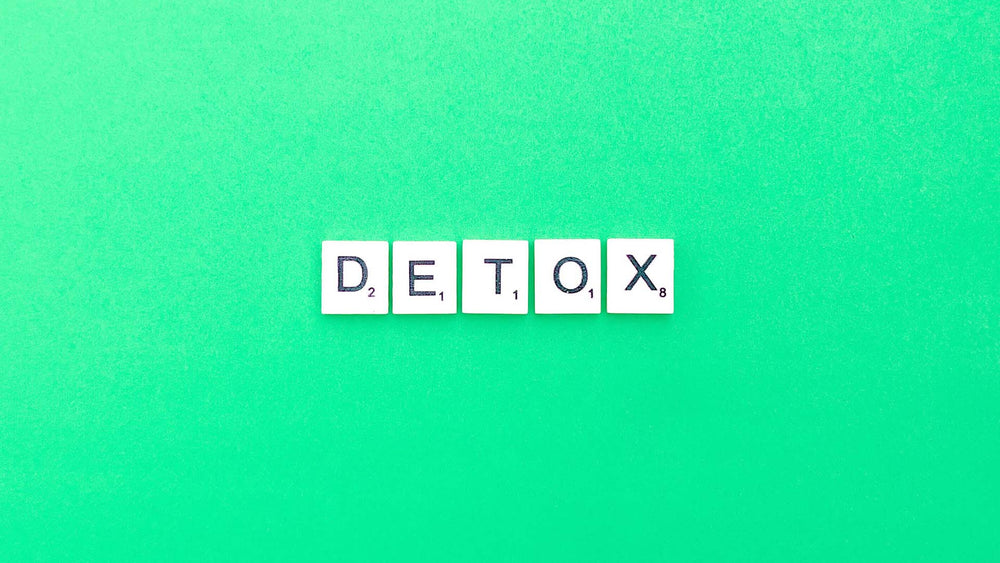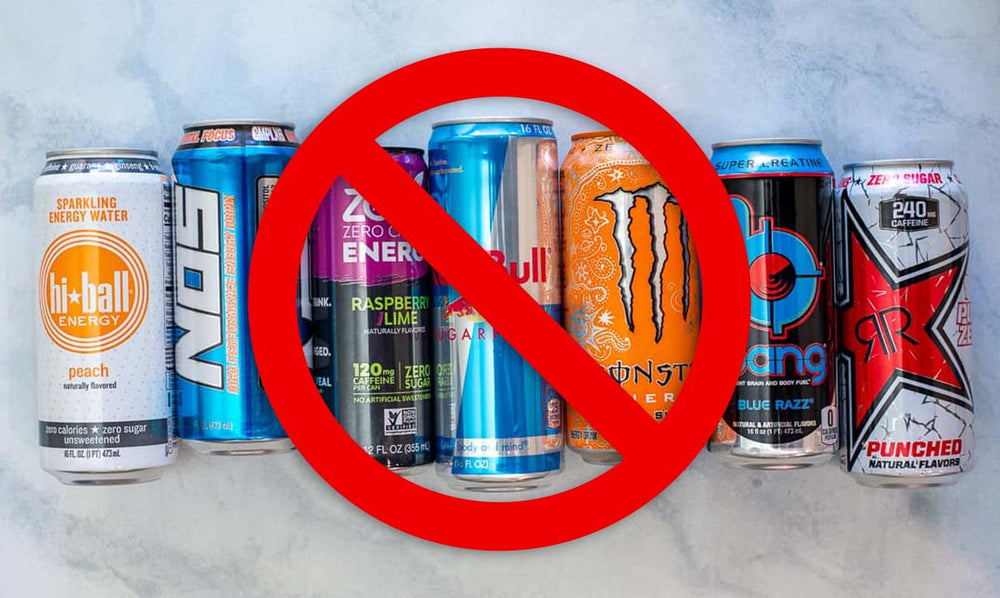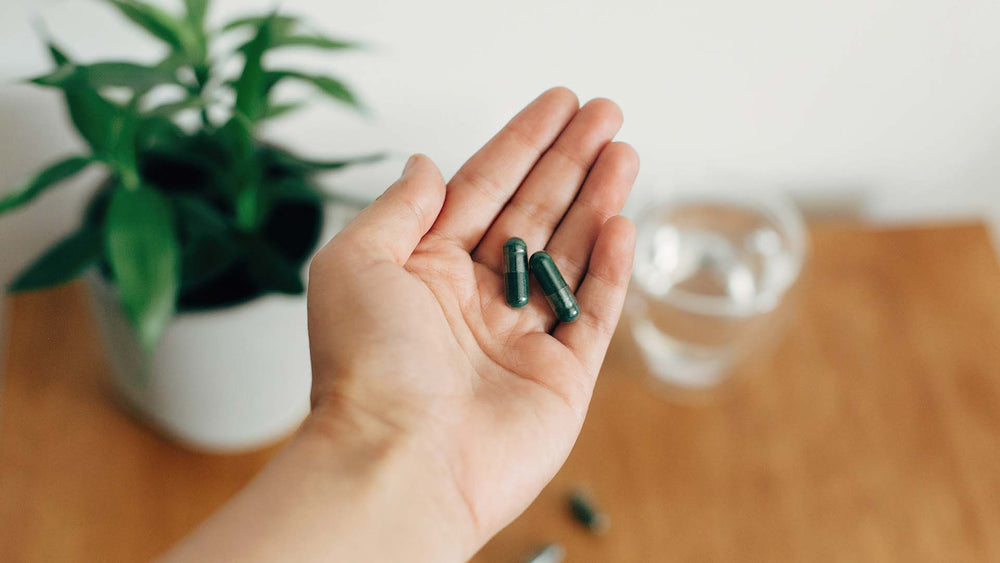This article will give you an overview of all eight B-complex vitamins and the ways they contribute to mental and physical well-being.
B complex vitamins are a group of water soluble vitamins. Each vitamin in this group has a particular function in the human body, but all B vitamins share some similarities.
They are necessary to turn the food we eat into energy. Better cognitive function, anti-stress properties, protection against cancer and heart disease and a happier mood are just a few benefits of B complex vitamins.
There are eight B complex vitamins:
B1 (thiamin), B2 (riboflavin), B3 (niacin), B5 (pantothenic acid), Vitamin B6 (Pyridoxine ), Vitamin B7(biotin), Vitamin B9 (folate or folic acid), and Vitamin B12 (Cobalamin).
All B complex vitamins are water soluble. This means they’re not stored in the body – you need to get the required daily amount of each vitamin from food and/or supplements.
Most people get enough of the benefits of B-complex vitamins from the food they eat.
What are the benefits of B complex vitamins? And how can they increase your lifespan and help you avoid many unpleasant health problems?
One or more B complex vitamins are found in most foods. Each B complex vitamin has slightly different functions and benefits. B complex vitamins are also present in wheatgrass supplements, including wheatgrass tablets and wheatgrass juice. Wheatgrass supplemented with extra B complex vitamins is one of the best high-value sources of these essential nutrients.
Vitamin B1 (Thiamin) – An Anti-Stress Vitamin That Helps the Immune System
Vitamin B1 or thiamin, is a water-soluble anti-stress vitamin. Like other Vitamins, it toughens the immune system. Along with Vitamins B6 and B12, it helps to balance your mood and reduce the ill effects of stressful situations. The benefits of B complex vitamins extend to more than physical health; they aid mental function and are helpful in treating mild to moderate depression in some people. Many health practitioners are now considering natural treatments for depression instead of prescription antidepressants, and B-vitamins are often recommended.
Thiamin plays a crucial role in metabolic processes. It helps make adenosine triphosphate (ATP), a substance needed by every cell in the body to produce energy. Most people get enough Vitamin B1 from their diet. Anorexics, alcoholics and people with Crohn’s disease may suffer from a deficient in Vitamin B1.
Retaining good eyesight into old age is one of the health benefits of B-complex vitamins.
Individuals who get enough vitamin B1, B2, niacin and Vitamin A are unlikely to develop cataracts. Add Vitamin C, E and all B-complex vitamins to your diet to further protect against cataracts. Thiamin may help prevent Alzheimer’s disease and dementia, though no conclusive studies have been recorded.
Water pills or diuretics taken by people with heart failure may sap the body of Vitamin B1. These pills get rid of excess fluid, but may also get rid of too much thiamin. Taking a multivitamin or wheatgrass supplement with B1 and other B-complex vitamins can prevent this from occurring.
Vitamin B1 is found in sunflower seeds, lentils, fortified cereals, oats and barley, but beans and beans are the greatest source of thiamin. This includes navy beans, pinto beans, black beans, lima beans and green peas.
Antioxidant-Rich Vitamin B2 (Riboflavin) Aids Growth and Thyroid Function
Vitamin B2 promotes energy production, and provides many of the basic health benefits of B complex vitamins. It is needed to recycle the important antioxidant glutathione and support red blood cell production.
Riboflavin has some of the best benefits of B complex vitamins, as it helps regulate thyroid activity and aids in protein formation necessary for growth of the body. It promotes immunity because it fights infections and toughens antibodies. Like Vitamin C, it aids the body in absorbing other minerals, and assists in wound healing and tissue repair. 1
Teenagers and others who suffer from acne will experience clearer skin as one of the benefits of B complex vitamins. Vitamin B2 is excellent for promoting mucus secretion to remove acne pustules.
You can get Vitamin B2 from fortified breakfast cereal and bread, almonds, soybeans, spinach, milk, eggs, yogurt and turkey.
Vitamin B3 (Niacin) Fights High Cholesterol and Heart Disease
Niacin (Vitamin B3) aids the nervous, cardiovascular and digestive systems and high-grade versions are sometimes prescribed for patients with high blood pressure, high cholesterol or signs of heart disease. Individuals with high cholesterol.
A study showed that men with heart disease who took niacin and colestipol prevented atherosclerosis from progressing. The combination also cut down on heart attacks and deaths from heart disease. Niacin and the prescription drug Zocor, when taken together, lowered study participants’ risk of having a first heart attack or stroke.
Niacinamide,(a form of niacin) may buy you time before you need to use insulin for Type 1 diabetes. Some studies indicate niacinamide may protect children against developing Type 1 diabetes. Niacin may lower fats and cholesterol in patients with Type 2 diabetes, but it may raise blood sugar. Elevated blood sugar may be dangerous for diabetics, so people with Type 2 diabetes should only take niacin if their doctor recommends it.
Tuna, chicken, peanuts, turkey, lamb and beef contain high amounts of niacin. You can get most of your daily requirement of Vitamin B3 from protein-rich foods. This nutrient is involved in energy production, like other B complex vitamins. Beside energy metabolism, the enzymes in niacin provide antioxidants to keep tissues healthy. Niacin improves the appetite, keeps skin clear, and promotes nervous system function.
Vitamin B5 (Pantothenic Acid) Keeps You Looking Younger and Increases Stamina
Vitamin B5 turns food into fuel like other B vitamins. This water-soluble vitamin helps produce red blood cells. It helps produce stress and sex hormones in the adrenal glands and helps the body use Vitamin B2, and to a lesser extent, other vitamins. Vitamin B5 synthesizes many substances needed by your body. It helps form proteins, fats, amino acids and carbohydrates.
This B vitamin may improve a number of health conditions. Pantethine, a derivative of pantothenic acid, may lower fats and triglycerides in patients with high cholesterol, according to some studies. It increases stamina, raising metabolic processes to a productive level, and may be helpful for athletes. Along with Vitamin B7 (biotin), Vitamin B5 keeps skin and hair young-looking. It delays the appearance of age spots and wrinkles and keeps the complexion smooth. A sufficient amount of B5 in the diet shields your hair's’ pigmentation, preventing it from turning gray prematurely.
Pantothenic Acid is available in mushrooms, oily fish, avocados, eggs, beef, chicken, turkey, sweet potatoes and lean pork, among other foods. You can take this B-complex vitamin in wheatgrass supplements or other nutritional tablets. Wheatgrass contains some B-complex vitamins naturally, and some wheatgrass tablets have an additional B-complex blend to give you more health benefits.
Vitamin B6 (Pyridoxine) Regulates Blood Sugar and Boosts Mood
Vitamin B6 is found in bananas, fortified cereal, avocados and chicken breast, among other foods. It helps the nervous system stay healthy, regulates blood sugar and breaks down proteins. This vitamin, also called pyridoxine, helps hemoglobin transport oxygen to cells. Like magnesium, it helps ease muscle cramps, and it is used to relieve symptoms of asthma and arthritis.
The brain benefits of B complex vitamins, especially Vitamins B6 and B12, are increased mental function, memory and a better mood. Vitamin B6 aids in the creation of the mood-boosting chemical serotonin. Many prescription antidepressants, including Selective serotonin reuptake inhibitors (SSRIs), work by increasing the level of serotonin in a person’s brain, but they may have harmful side effects. Taking a Vitamin B6 supplement may help reduce depression naturally in some people.
The health benefits of B-complex vitamins include protection against heart disease. Taking a B-complex supplement that includes Vitamin B6, B12 and folic acid may guard against a high level of homocysteine, which can cause cardiovascular disease.
Vitamin B7 (Biotin) for Better Hair, Nails and Skin
Biotin (Vitamin B7) is needed by every cell in your body, and deficiencies in this vitamin are rare. Sometimes called Vitamin H, biotin is involved in hormone production. Vitamin B7, like other B-complex vitamins, is necessary for the body’s metabolic processes. It helps in the breakdown of foods during the digestive process, and is sometimes called the “beauty vitamin”, for its contribution to healthy skin, hair and nails. If you’re interested in adding something new to your beauty routine, eating foods rich in Vitamin B7 have the strongest skin health benefits of B complex vitamins.
Biotin also regulates blood sugar, which is helpful in controlling diabetes. According to a study conducted in Spain, adding biotin-rich mixed nuts into the diet for three months improved blood sugar for participants running a risk of diabetes. Sweet potatoes, peanuts, almonds, carrots, onions, eggs and salmon are good sources of Vitamin B7.
Vitamin B9 (Folic Acid or Folate) Prevents Birth Defects and Improves Heart Health
Vitamin B9 (folic acid or folate) helps structure DNA and aids in making cells. Folate is the naturally-occurring version of Vitamin B9 in foods; folic acid is the synthetic version found in supplements. Broccoli, okra, lettuce, melon, lemons, orange juice and most meats contain folate. Folic acid is added to cereals, crackers, pasta and bakery items per a 1998 federal law.
Alcoholism, inflammatory bowel disease and some medications may cause folic acid deficiency. Symptoms of Vitamin B9 deficiency include loss of appetite, poor mental function, gingivitis and shortness of breath.
Protection against birth defects is one of the best-known benefits of B complex vitamins, specifically Vitamin B9. Folic acid is important for pregnant women because it prevents birth defects caused by impaired development of the neural tubes. Pregnant women need 600 mcg of folic acid a day, and women trying to become pregnant need 400 mcg per day.
Vitamin B9 has all the cardiovascular benefits of B complex vitamins. Clinical trials show that folic acid may reduce the chance of heart disease. It may help lower the amount of the amino acid homocysteine in the body. Research indicates people with high levels of homocysteine are more likely to have a stroke or coronary artery disease than people with normal levels of this amino acid.
Other benefits of Vitamin B9 are delay or prevention of age-related eyesight and hearing problems. A study on macular degeneration in women found that participants who took 2,500 mcg of Vitamin B9, along with increased intake of Vitamin B12 and Vitamin B6, had a lower risk of getting a vision-impairing eye disease called AMD. Studies conducted on folic acid and its effect on depression indicate that people with low levels of Vitamin B9 suffer from depression. Taking Vitamin B9 may help women who suffer from depression better than the antidepressant Prozac, but may not help men with depression.
Vitamin B12 (Cobalamin)
Vitamin B12 works with Vitamin B9 to make hemoglobin. It is found in beef, sardines, cod, tuna, yogurt, milk, cheese, turkey, scallops and other animal-derived foods. Vegans and vegetarians can consume B12 in fortified foods and supplements such as wheatgrass tablets with added B complex vitamins.3
Vitamin B12 is used to treat pernicious anemia, which causes extreme weakness and may lead to other health problems. It strengthens muscles, boosts mood and increases overall energy and vitality. A proper amount of Vitamin B12 in your system guards against Multiple Sclerosis, depression and Alzheimer’s disease. Like other B complex vitamins, it helps reduce the inflammation that can cause cancer and helps keep the cardiovascular system functioning properly, protecting against heart disease.
Get all the Benefits of B Complex Vitamins and Hundreds of Other Nutrients in Zeal O2, REVV and Happy Girl
While many foods contain one or more B complex vitamins, the superfood wheatgrass contains all B complex vitamins – and WheatgrassLove’s wheatgrass supplement tablets have added B complex vitamins for even more nutritional support.
Zeal O2 is a weight loss supplement that doubles as a vitamin and mineral powerhouse to keep you strong and focused while you diet. It has a blend of lab tested herbs including citrus aurantium (bitter orange) for better appetite control; green tea extract for improved mental alertness and protection against inflammation and disease, and over a dozen other herbs to keep you fit, trim and healthy before and after your diet. Read more about Zeal O2 here: http://wheatgrasslove.com/products/natural-weight-loss-supplement
REVV Natural Energy Supplement combines the power of wheatgrass and the benefits of B complex vitamins to improve clarity and brain function and “rev” you up when you feel blah. It includes L-taurine, a building block for amino acids, and periwinkle herb, to increase blood flow to the brain. These tasty chocolate mint wafers are great for an energy anytime of the day or night. Read more about REVV here: http://wheatgrasslove.com/products/natural-energy-supplement
Happy Girl Mood Enhancer helps men and women control their mood better through wheatgrass (with all the benefits of B complex vitamins) and a proprietary blend of cayenne pepper, fo-ti, ginseng, green tea extract and other calming, nutrient-filled herbs. The chlorophyll in wheatgrass safely balances your body’s pH to help prevent mood swings and alleviate mild depression. Happy Girl’s proprietary blend offers extra health benefits to improve circulation, digestion and endurance. Read more about Happy Girl Mood Enhancer here: http://wheatgrasslove.com/products/mood-enhancement-supplement
All Wheatgrass Love products are guaranteed to work to your satisfaction or your money back! Call us at 877-303-1717 to learn more or place your first order! Always consult your medical provider before using any dietary supplement.
- https://www.organicfacts.net/health-benefits/vitamins/health-benefits-of-vitamin-b2-or-riboflavin.html
- http://umm.edu/health/medical/altmed/supplement/vitamin-b3-niacin
- http://www.dietitians.ca/Downloads/Factsheets/Food-Sources-of-Vitamin-B12.aspx
















